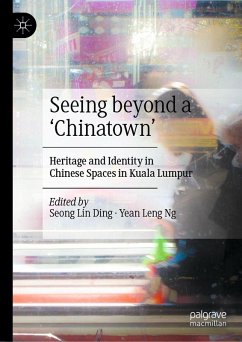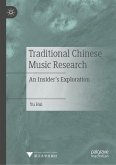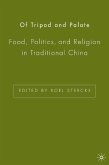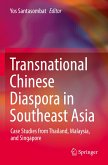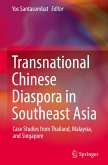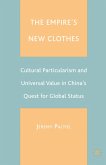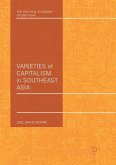This book moves beyond the stereotyped approaches adopted in earlier works on Chinatowns and introduces instead the Chinese spaces in the metropolitan city of Kuala Lumpur (KL), Malaysia. Seeing beyond the Chinatown , this book puts forward the historical, political, linguistic, educational, economic, sociocultural, religious, and architectural perspectives of the Chinese spaces, in local and global contexts, thus offering critical insights into the complex intertwining of historical impact, heritage language vitality, ethnic politics, out-migration issue, socioeconomic development, urban heritage sustainability, and the potential conflict between the official and the vernacular representation of various Chinese neighbourhoods. Seeing beyond the notion of stereotyping Chinatown , this book expounds on the one hand, the tensions between branding and rebranding, positioning and repositioning of heritage and identity in Chinese urban spaces. On the other hand, this work also raises broader questions of social integration, and the underlying challenges in maintaining urban space and urban heritage amidst state-facilitated dispossession, touristification, and gentrification, thus allowing for an exploration of the nuanced interplay between power dynamics and struggles for empowerment. This book contributes both to our understanding of Chinese spaces embedded in the (re)imagination of Chinatown and more importantly, a critical understanding of urban sustainability and social inclusivity that goes beyond ethnic and racial boundaries. It is relevant to cultural theorists and social scientists with a particular interest in heritage studies in Malaysia, and in wider Asia.
Bitte wählen Sie Ihr Anliegen aus.
Rechnungen
Retourenschein anfordern
Bestellstatus
Storno

